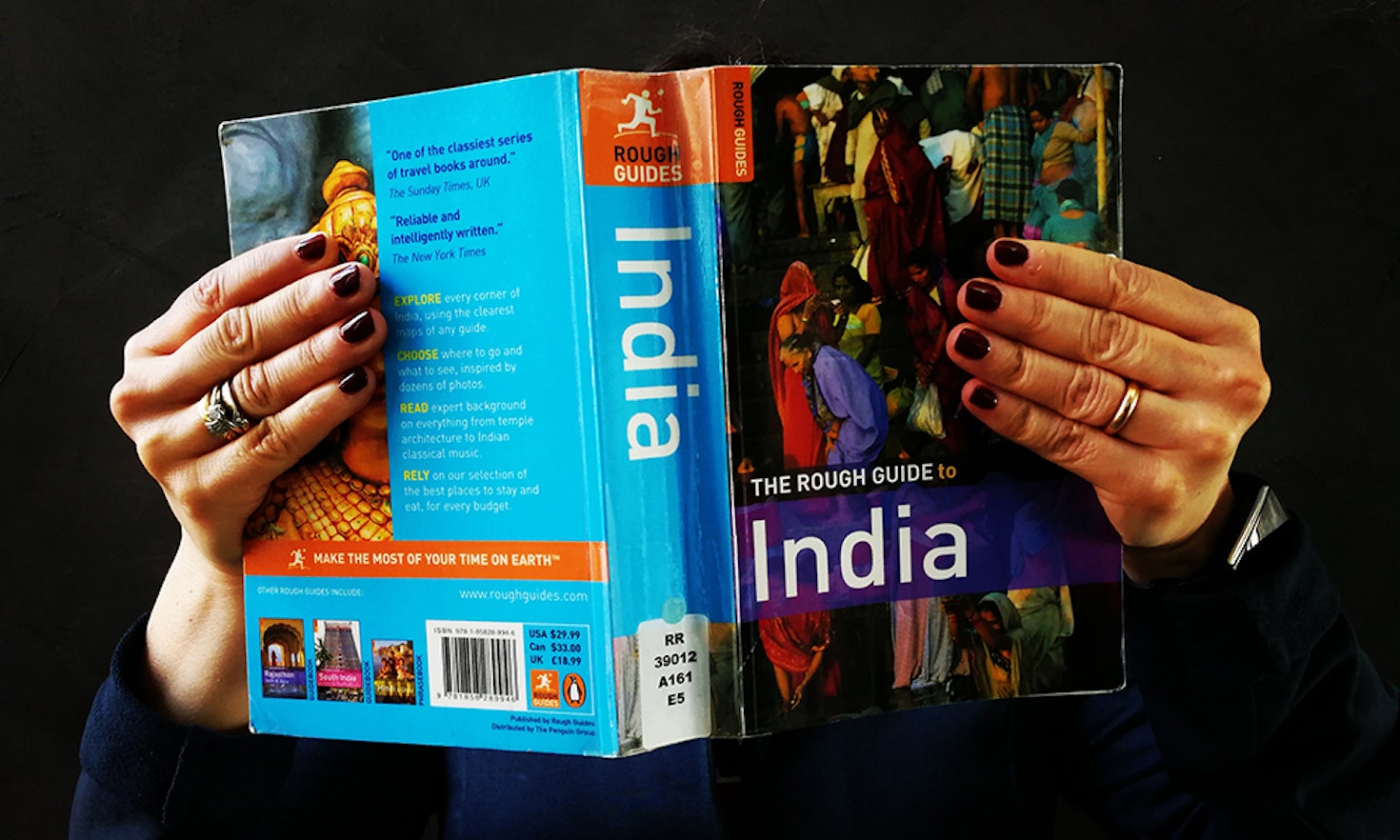Q&A with Chanchal Kumar Sharma

How would you describe the relationship between India and the European Union? And (how) should it be strengthened?
Currently, the European Union is India’s most important trading partner, while New Delhi is the ninth trading partner for the EU. Thus, relations between India and the EU focus primarily on trade and investment, but the relationship is also based on shared values of democracy, multi-level governance, and a multi-polar and rule-based global order. Although India prefers partnerships with individual countries such as France, Germany and the UK much more than its relationship with the EU, there is a largely-untapped potential for bilateral cooperation between the two largest democracies in several domains, such as economic policy, trade, and investment as well as the coordination of foreign policy, crisis management, conflict prevention, peacekeeping, cyber-security, counter-terrorism and military-to-military cooperation.
Yet the partnership has remained static without any structural impact on the India-EU relationship. Although the thirteenth EU-India summit recently made a serious attempt to overcome the decision-making paralysis in India-EU ties by addressing the issues related to investment, trade, climate, energy, migration, water, foreign policy and security, much more needs to be done. To infuse dynamism into this static collaboration it is necessary to expand the political foreign policy engagements in general, and enhance intellectual and cultural exchanges.
The EU can expect a more realistic engagement with India by promoting people-to-people contacts and deepening the political, educational (intellectual) and cultural dimension of the relationship. In addition, the potential for cooperation in international and regional organisations should be tapped in order to realize shared objectives, such as establishing a multi-polar Asia, rules-based global order, countering radicalization, and ensuring international peace and security .
What idea do Indians have of the EU?
Although many in India lack a detailed understanding of the European Union and its institutions and functions, the European Union is perceived as an economic power; even if this perception has taken a hit since the “Eurozone debt crisis of 2009” became common knowledge, thanks to intensive media coverage of the crisis. The elite in business, politics and civil society are aware of the EU as a strategic partner in areas such as security and peace, a source of foreign investment, and a trading partner. However, the overall perception has become somewhat apprehensive. Until recently, Indians believed that addressing India’s concerns was low on the European Union’s list of priorities. India demanded less protectionism by the EU as it was perceived as unfair competition for Indian products, and sought greater access to the EU market for its services sector and demanded ‘’data secure status’’. However, since 2016 the EU has appeared more willing to address India’s concerns and has accepted its regional role by mentioning SAARC and Afghanistan in its statements and endorsing India’s stand on Nepal’s new constitution and the Maldives’ political situation. Overall, while the EU is considered a better partner than China, some of the individual EU member states are considered better partners for bilateral relations than the EU as a whole. In the larger sphere, the US is perceived as a more promising international actor than the EU.
Are EU elections getting any attention in India?
Indian media is not giving significant coverage to the EU elections, although EU-related issues that touch on Indian interests get some coverage in the economic and business newspapers, because the EU is essentially seen as a trading partner. Any attention to the EU elections is limited to academia and experts who take an interest in international politics.
Why should EU citizens vote for the EU Parliament?
The EU parliament takes many important decisions that have an impact not just on nations, but also on the citizens of those nations. In recent years, Europe has suffered many crises, such as the economic and the migration crises, and now it faces Eurosceptic movements. This has led to the realization that the common problems of the continent can be solved only by applying the principles of unity and cooperation. So, EU citizens should vote to strengthen the legitimacy of the EU, reinforce its transnational dimension and ensure it works for them. This will set in motion a virtuous circle by motivating leaders to develop the European agenda and to demonstrate the relevance of the EU to Europeans, which in turn will motivate people to participate even more vigorously. This circle can ultimately move European voters from mere participation to real empowerment as they can expect to impact policy decisions that respond to Europe’s challenges and build a better Europe.
How might the upcoming elections change the EU landscape?
The EU is going through a change in its political landscape which makes this an interesting topic to analyze. The rise of nationalism and populism in Europe is constantly being met with those who see open borders, migration, and diversity as the key to progress triggering a continent-wide debate about Europe’s future and its priorities.
I perceive that there is going to be a shift in the political dynamics of the EU, especially when you consider the increasing relevance of far-right and Eurosceptic parties in the EU political landscape. Currently, the far right is present in 17 national parliaments of the EU, in eight of the ten largest economies of the bloc. They have emerged as new populist and Eurosceptic parties in the wake of the debt and refugee crises. The rise of the right could also be a defining moment for EU politics. In fact, the resurgence of right-wing politics, using on fears about migrants and terrorism to mobilize voters, can potentially undermine the idea of the European system and strike at the very foundations of the European Union. However, as long as the Eurosceptics fail to form a unified front (more likely given their opportunism), a stronger right-wing presence could make the EU decision-making process more deliberative and even more democratic. In fact, the paradox of the rise of nationalism and populism in Europe is that it has triggered an opening for debate on Europe’s future and its priorities.
 | Chanchal Kumar Sharma is Associate Professor of Political Science at the Central University of Haryana and Associate Research Fellow at the GIGA Institute of Asian Studies, Hamburg, Germany. His main research interests are Fiscal Federalism, Political Economy, Party System, and Indian Politics. |
Citation
This content is licensed under a Creative Commons Attribution 4.0 International license except for third-party materials or where otherwise noted.






